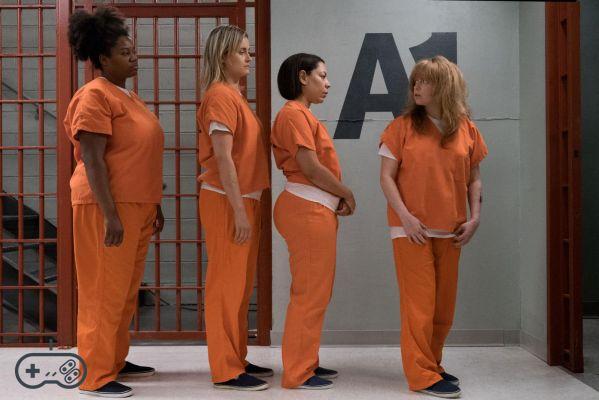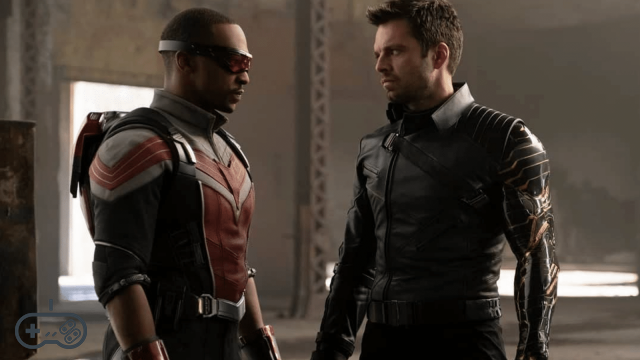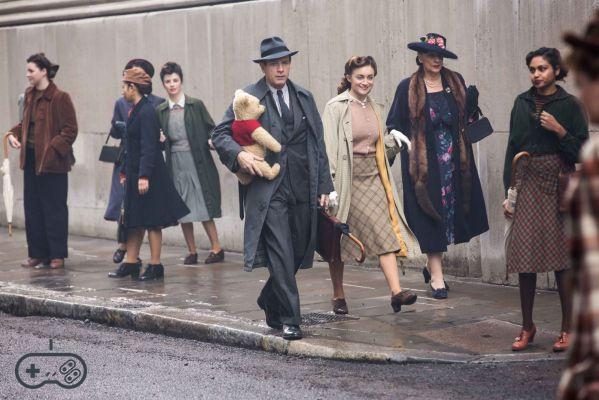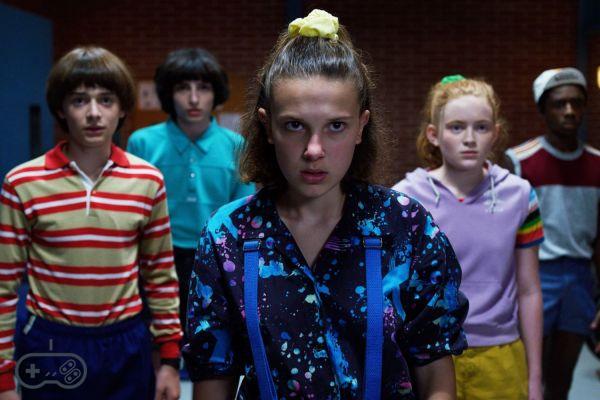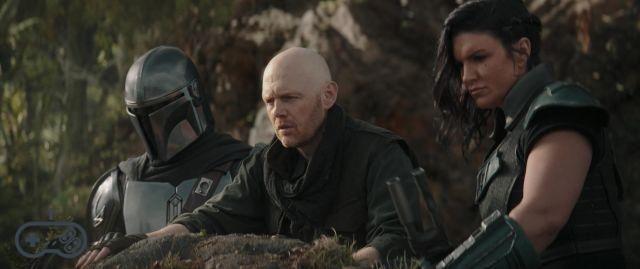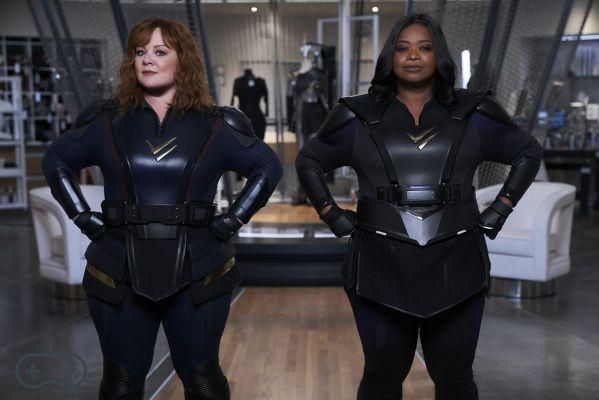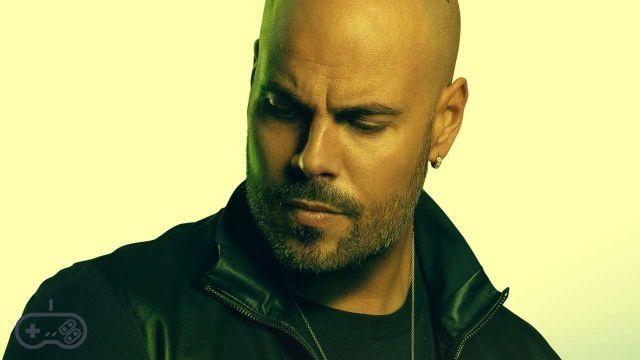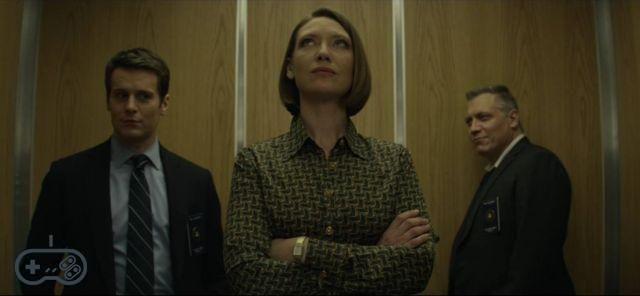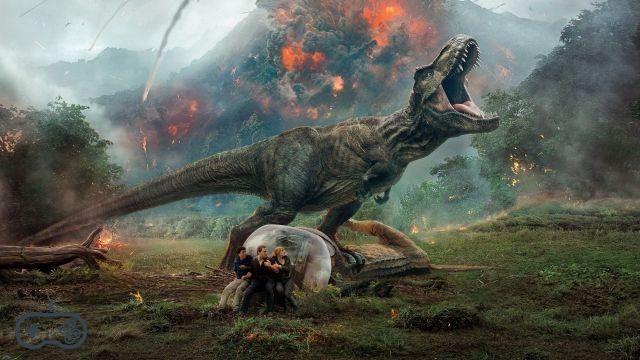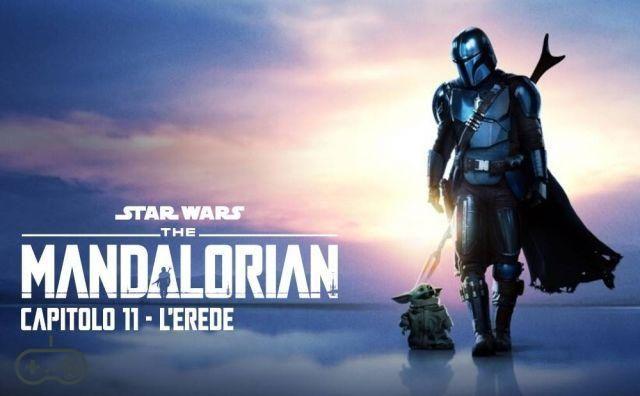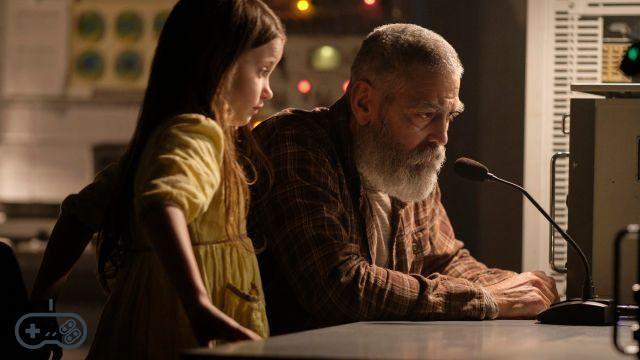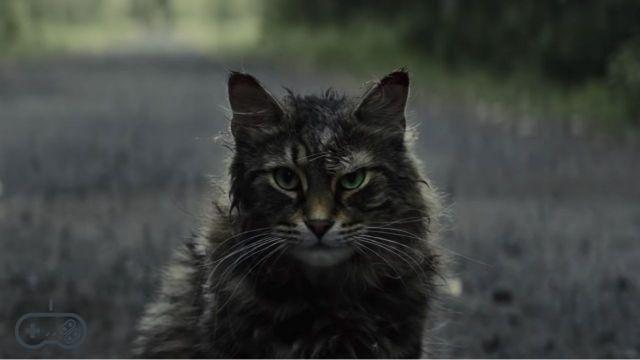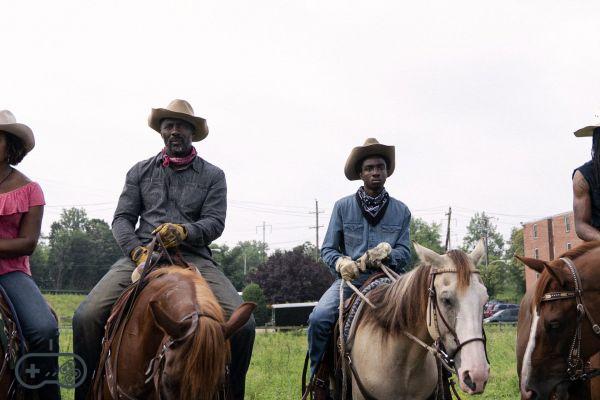
Tell one history it is never too easy, especially when trying to analyze some dynamics, even sensitive ones, which do not simply concern the characters, but also some social contexts precise, going beyond the elements designed to compose fiction. In fact, picking up a camera does not mean focusing only on the events of film script and on the interpretation of the actors, but also on the boundary in which these are inserted, on everything that surrounds them and their actions. Obviously, it is not a question of simple staging or scenography, but of a speech which does not always require words, or direct jokes, but which, using the power of images that cinema offers, however, manages to speak in a manner direct and frank with the viewer, saying everything he has to say about something. To write a review of this Concrete cowboy, it is good, in many ways, to take all this into account. The film of Ricky Staub starts from a fairly classic narrative linked to the trend of adolescent problems, and then moves elsewhere, gradually amplifying what he has to say and making himself voice of something that exists in earnest, and vibrates and breathes of the reality that we all know outside the room.
Analyzing Concrete Cowboy's speech in a review
Based on the book "Ghetto Cowboy" by Greg Neri, and presented for the first time at Toronto Film Festival of 2020, precisely on September 13, Concrete Cowboy was later released on April 2, 2021 on the Netflix platform, marking the hope of all those who would have preferred to see it in the hall. The events of the film revolve around the life of Cole (interpreted by Caleb McLaughlin, famous for his performance in Stranger Things). The boy is living a particular period of his life, he is very young and without a real guide, given his family situation with separated parents. Following yet another problem with the school, the mother decides to take him and leave him from father for a while, perhaps hoping for some change and help with this guy. Harp (this is the father's name interpreted by Idris Elba) but lives in Philadelphia, precisely a Fletcher Street, a very particular and anachronistic road, stuck in time, characterized by a series of social and historical dynamics with which the boy will have to deal.
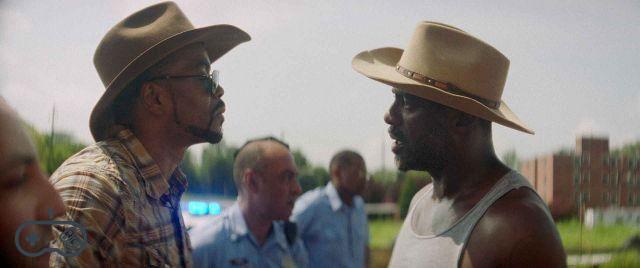
In this review we would like to point out that Concrete Cowboy is first and foremost a story of growth, a story in which this teenager will come to terms with the "vita", with reality, trying to find one's place in the world. The search for one's own identity both inside a hypothetical family unit and outside, move the steps of a young man who oscillates between the autonomous search for himself and the search for a model to follow, having to deal not only with a very particular context, but with the secret rules that life places before us all. As stated above, Cole's father lives on Fletcher Street, Street really existing of Philadelphia, street stops in time, like a detached bubble within a world that continues to progress, erasing everything. On this street the community local still lives as in the past Wild West, raising horses, asking them, riding them, and their very life is written, letter after letter, in the aforementioned bubble, which offers them refuge but also something intimate and profound.
Here is Concrete Cowboy demonstrates that he wants to do more than just tell the story of a problematic teenager struggling with the world, also making himself witness of a place, Fletcher Street, which finds itself out of time, and in the meantime also in fight with this, struggling with a progress who has no desire to go back, to go back to the past, in a continuous and real estate evolution that aims to break away from all that this road represents. Over time, the people who live here have founded a real microcosm of affections and social models, but without ever being able to blend with the rest of the city.
The images that speak of the social
The narrative of this film, in fact, breaks from the very beginning in the two, staging the story of the aforementioned group of people on the one hand and that of one on the other Darkest Philadelphia, dark and shady, that of a Philadelphia criminal who has no qualms about taking the life of others. In this, Concrete Cowboy does a lot more incisor, casting the lines of a transposition which, even through the shots and camera movements, becomes direct witness of a transversal and problematic social situation. The care in representing even the most damaging developments denotes a certain type of sensibility especially when it focuses on the most raw, but also the most human moments. Staub as a director demonstrates that he knows how to dose the various shots quite well, focusing not only on the emotionality offered by the various characters (with long shots that scream something) but also on the details to compose the places in which they move, without ever glorifying the most negative sides.
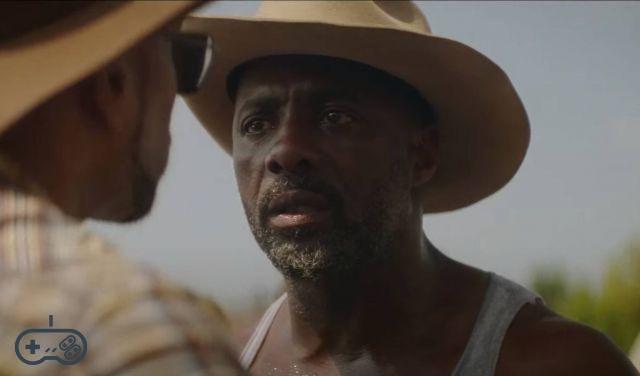
The whole is accompanied by a photography who knows how to move on shadows and blurs, reconnecting with what the protagonists themselves have inside, and encircling the contours that are sometimes even smoky, devoid of a precise geometry, or written in detail. In this Concrete Cowboy review, however, we also want to talk about the writing general, going beyond the social discourse. The film uses quite a script fluctuating in its position, accompanied however by some interpretations that deserve a minimum of attention (first of all that of McLaughlin), especially if you think about what might come in the future. Therefore, the portrait of a community and of one emerges search to be placed in relation with the reality itself that we know, with the continuous and immoderate search of the human being not only for his own post in the world, but also of "movement", growth and respect for the past and for the next, wrapping a reflection of this type with the dynamics of a family which also becomes a vehicle and a means of other things, thanks to the attention to the little things of the direction.




